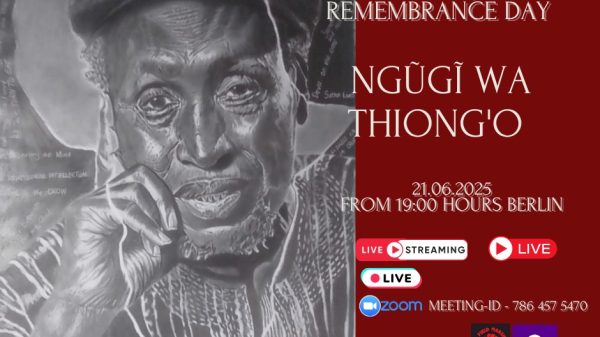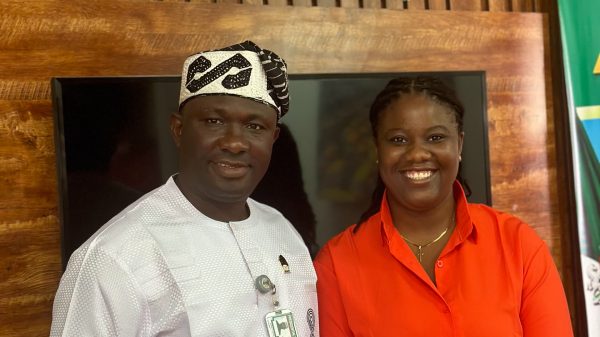Ngũgĩ wa Thiong’o, the renowned Kenyan author and staunch advocate for African languages and postcolonial identity, passed away on May 28, 2025, in Bedford, Georgia, at the age of 87. His death marks the end of a prolific career that reshaped African literature and inspired generations to embrace their cultural heritage.
Family and Early Life
Born James Ngugi on January 5, 1938, in Kamiriithu, near Limuru, Kenya, Ngũgĩ was the fifth child of his mother, Wanjiku, the third of his father’s four wives. Growing up in a large peasant family, he experienced firsthand the hardships of colonial rule. His family was deeply affected by the Mau Mau Uprising; his half-brother Mwangi was killed during the conflict, another brother was shot, and his mother endured torture at the hands of colonial forces .
Educational Journey
Ngũgĩ’s academic pursuits began at local primary schools before he attended Alliance High School, one of Kenya’s most prestigious institutions. He later studied at Makerere University College in Uganda, where he earned a Bachelor of Arts degree in English in 1963. During his time at Makerere, his play “The Black Hermit” was performed at Uganda’s National Theatre as part of the country’s independence celebrations in 1962 . He furthered his studies at the University of Leeds in England, obtaining another BA in 1964.
Literary Contributions
Ngũgĩ’s literary career began with his debut novel, “Weep Not, Child” (1964), the first English-language novel published by an East African author. He followed with “The River Between” (1965) and “A Grain of Wheat” (1967), works that delved into the complexities of colonialism and the struggle for independence. In the 1970s, Ngũgĩ made a pivotal decision to write in his native Gikuyu language, emphasizing the importance of linguistic decolonization. This shift led to the creation of influential works like “Devil on the Cross” (1980), which he famously wrote on prison toilet paper during his incarceration, and “Wizard of the Crow” (2006), a satirical novel critiquing dictatorship and Western interference .
Political Activism and Exile
Ngũgĩ’s commitment to social justice extended beyond his writing. In 1977, he was detained without trial by the Kenyan government for co-authoring the play “Ngaahika Ndeenda” (“I Will Marry When I Want”), which criticized the country’s elite. Following his release, he faced continued political persecution, leading to his self-imposed exile in 1982. He lived in the United Kingdom and later the United States, where he continued his literary and academic work.
Throughout his exile, Ngũgĩ held various academic positions, including professorships at Yale University, New York University, and the University of California, Irvine, where he served as Distinguished Professor of English and Comparative Literature. His academic work paralleled his literary pursuits, focusing on African literature, language, and culture .
Legacy and Honors
Ngũgĩ’s contributions to literature and culture earned him numerous accolades, including multiple honorary doctorates and international literary awards. He was frequently mentioned as a contender for the Nobel Prize in Literature. His seminal essay collection, “Decolonising the Mind” (1986), remains a critical text in postcolonial studies, advocating for the use of African languages in African literature.
Ngũgĩ returned to Kenya in 2004 after over two decades in exile. Shortly after his return, he and his wife were attacked in their home, an incident believed to be politically motivated. Despite this, he continued to write and speak on issues of cultural identity and decolonization. He passed away peacefully in Bedford, Georgia, surrounded by family. He is survived by his wife, Njeeri, their children, and grandchildren.
Ngũgĩ wa Thiong’o’s life and work have left an indelible mark on African literature and the global discourse on colonialism, language, and identity. His unwavering dedication to cultural authenticity and social justice continues to inspire writers and activists worldwide.
 .
.







































































































